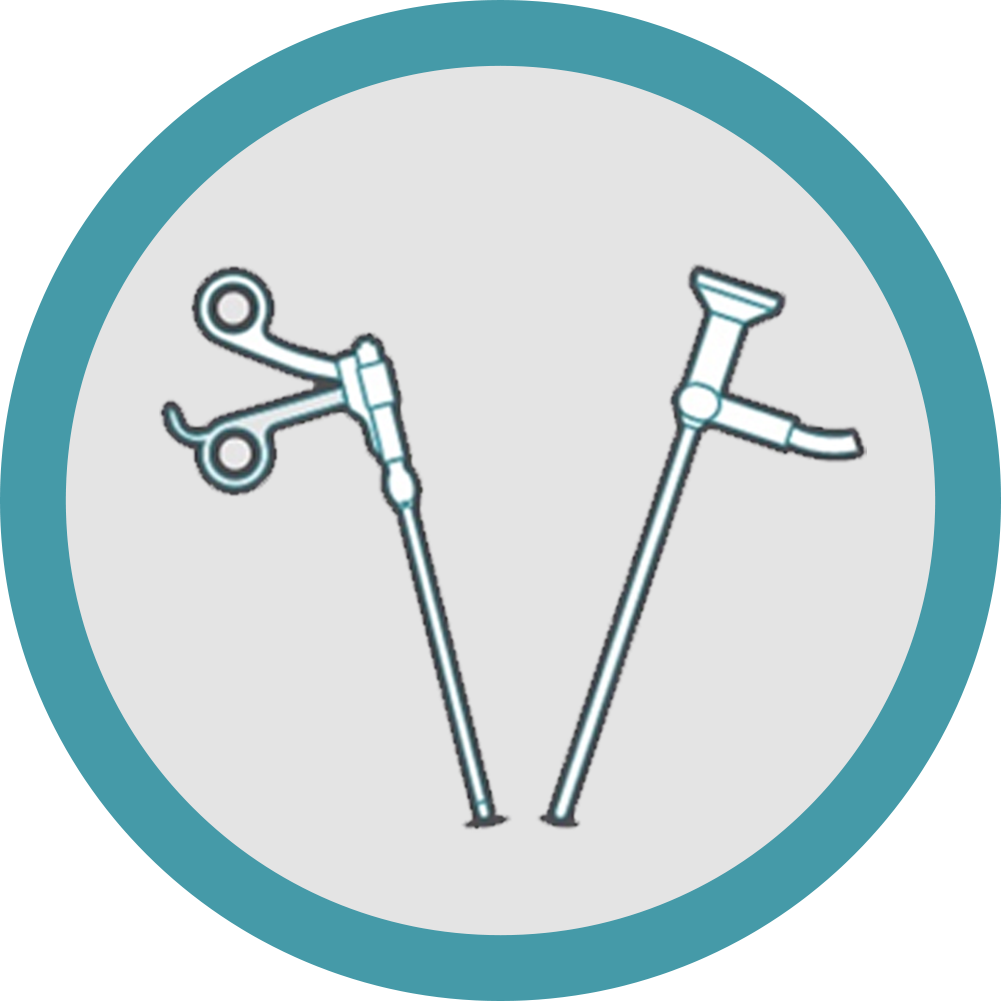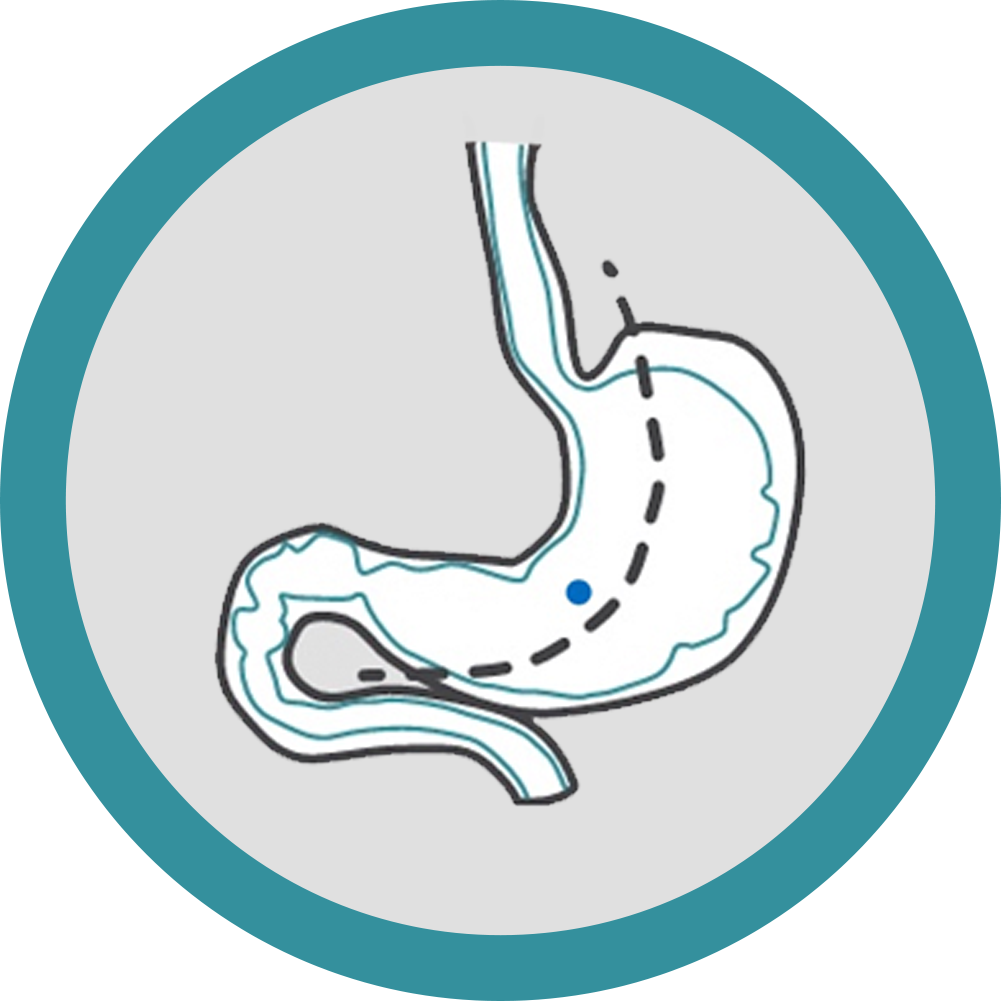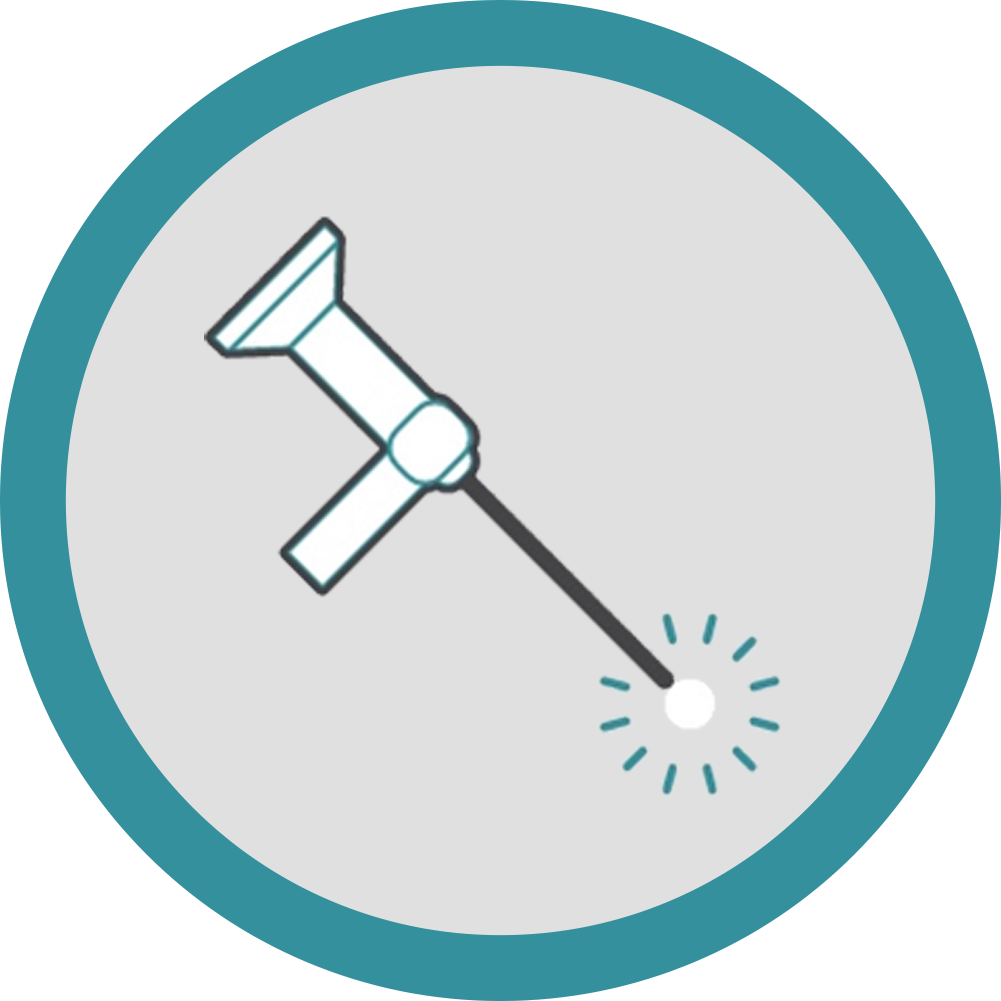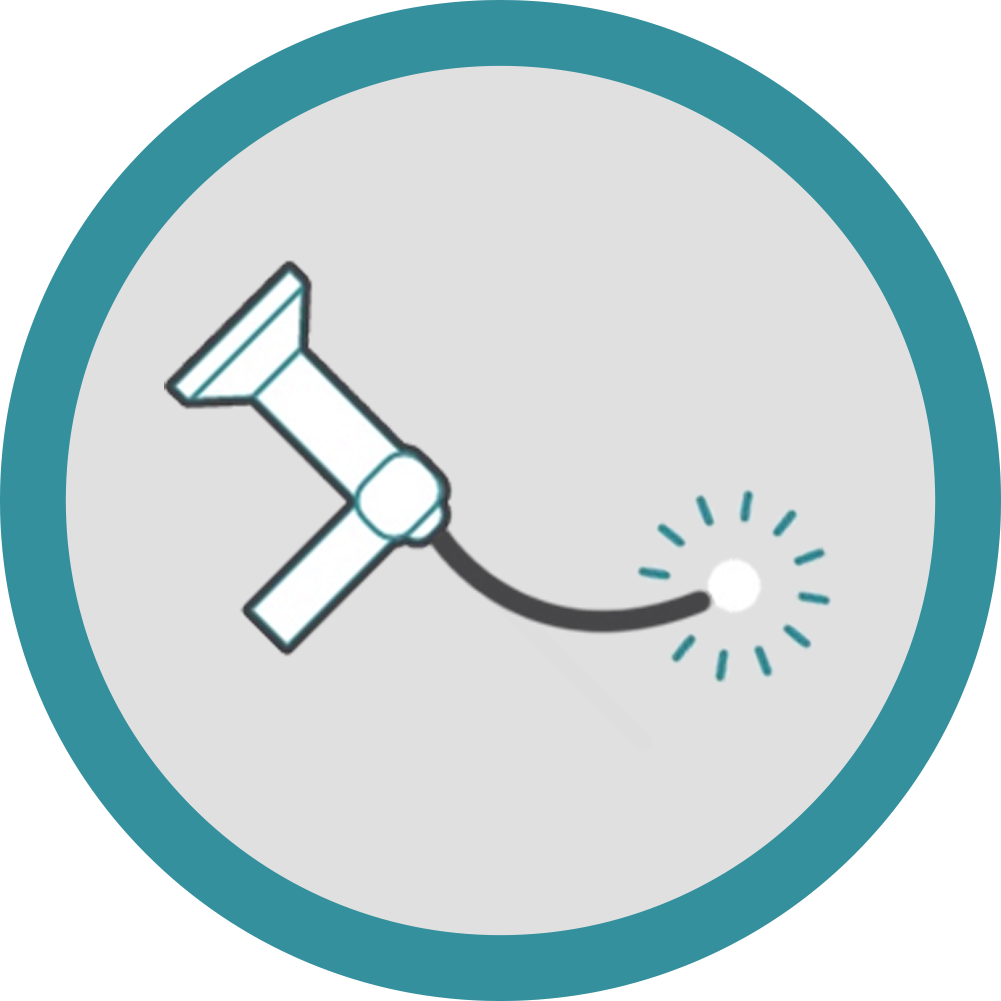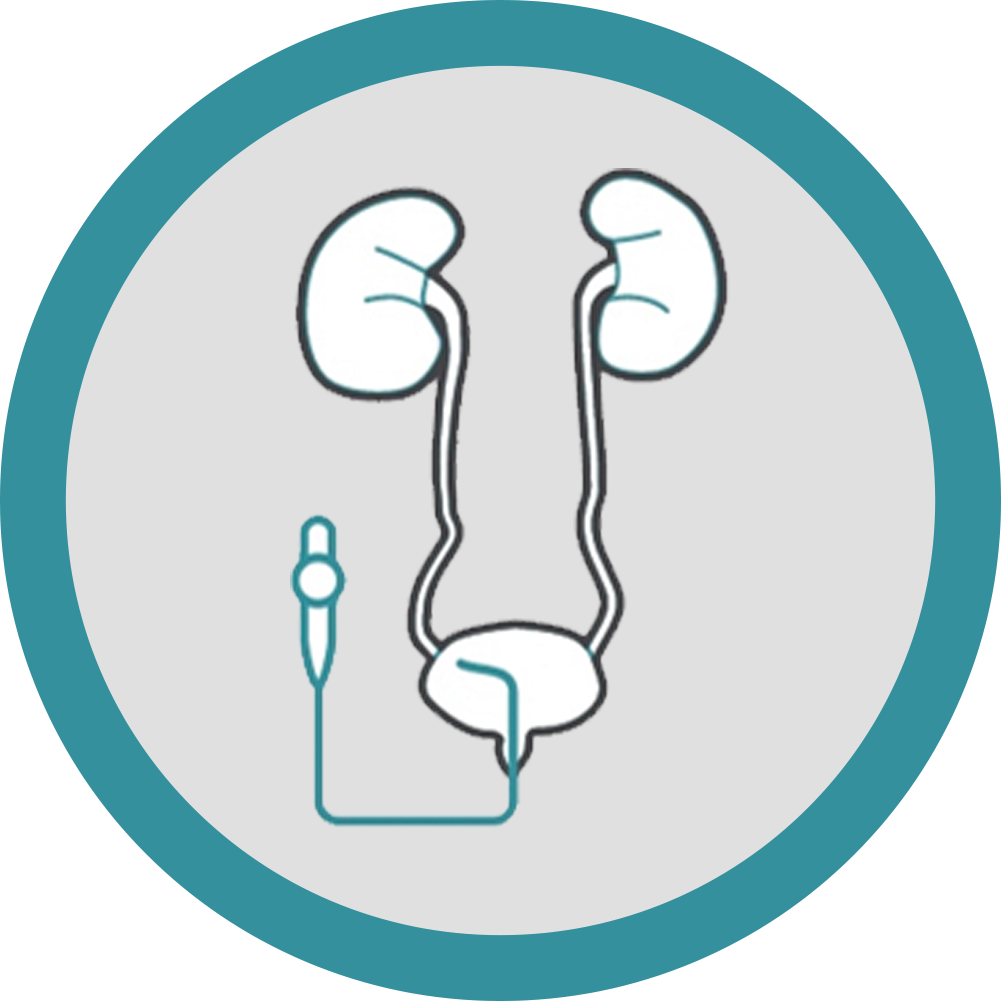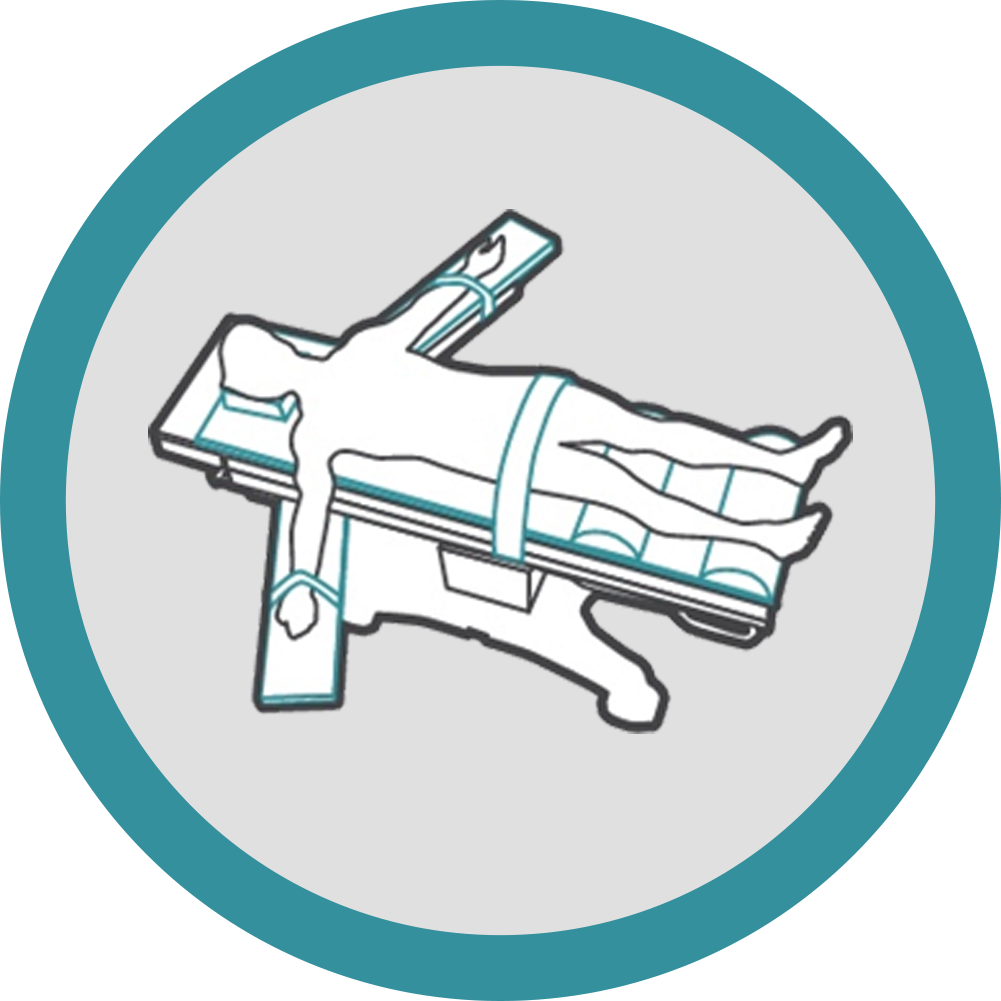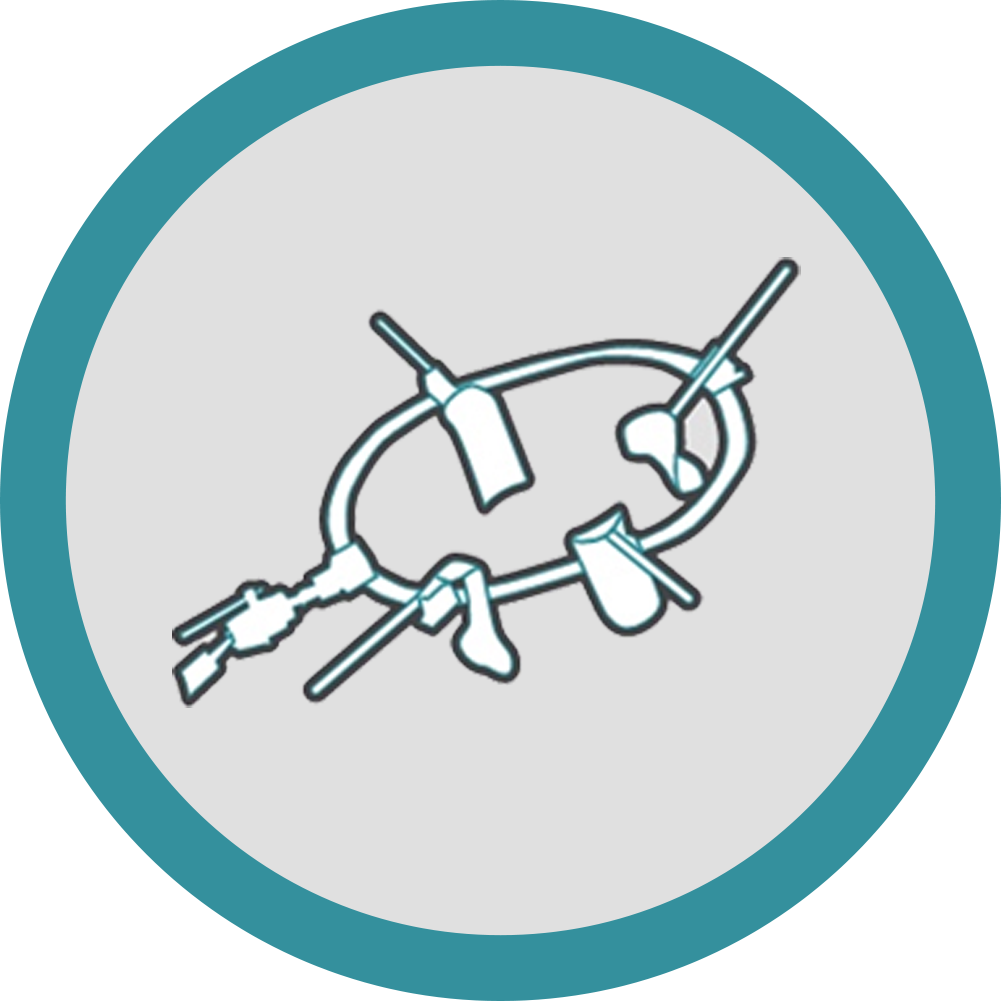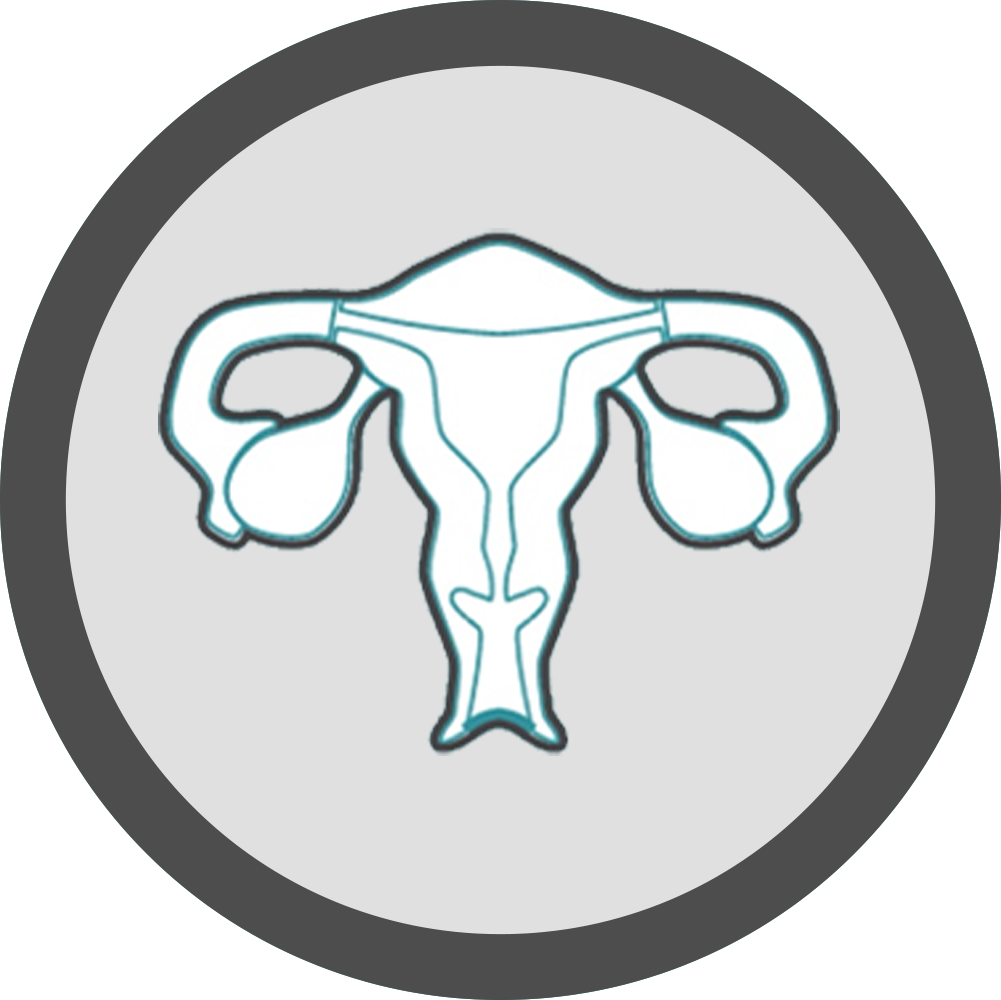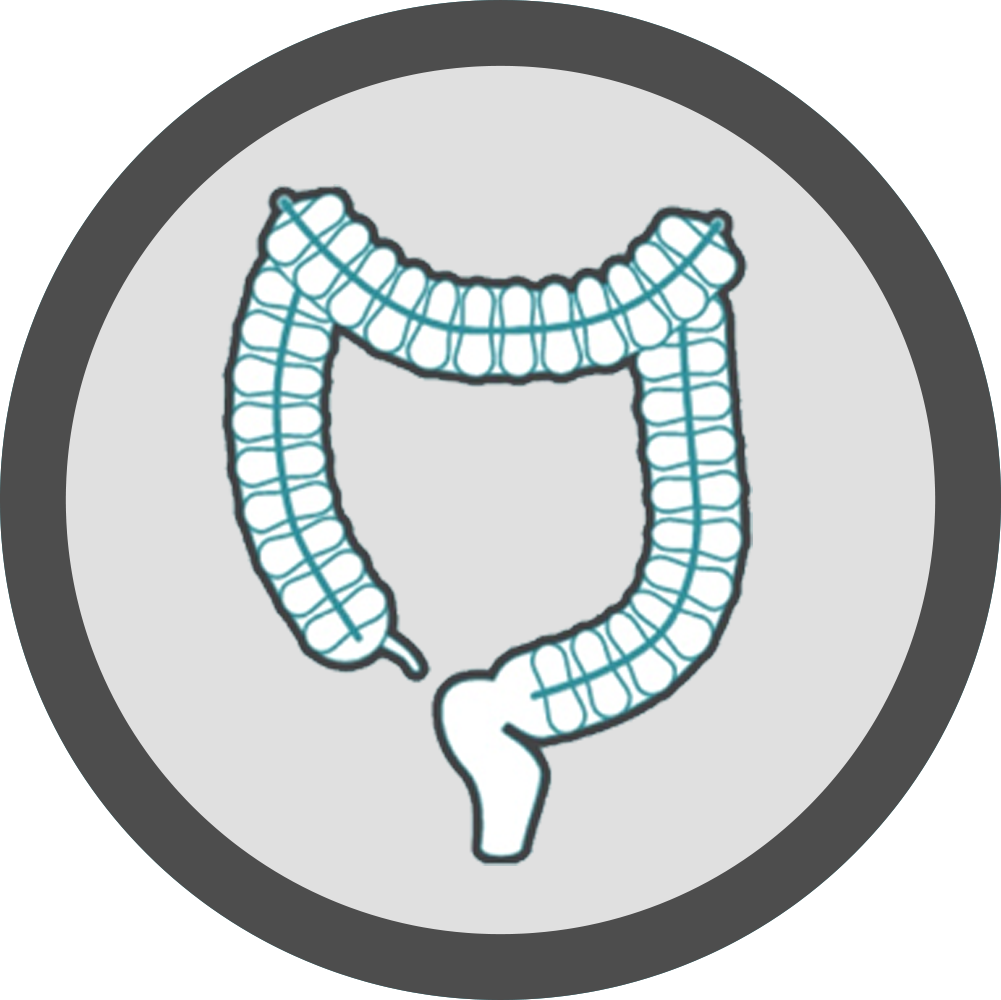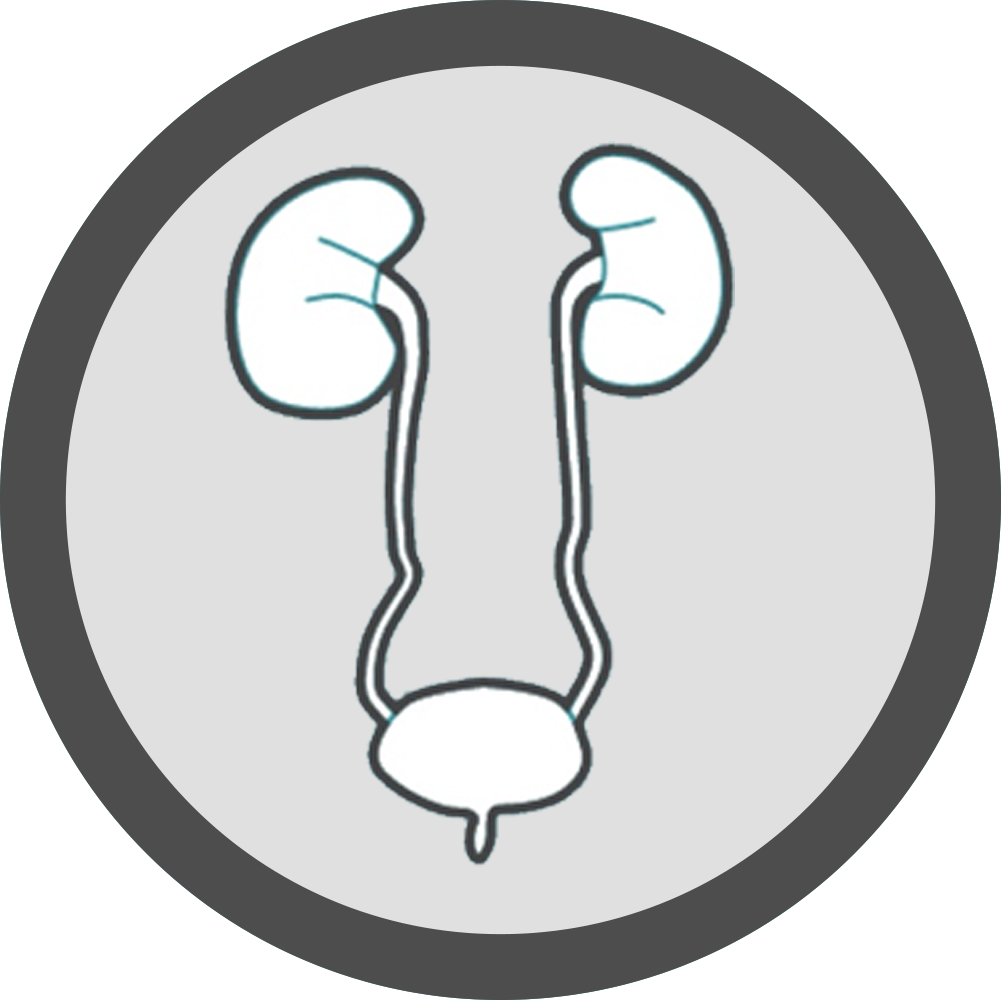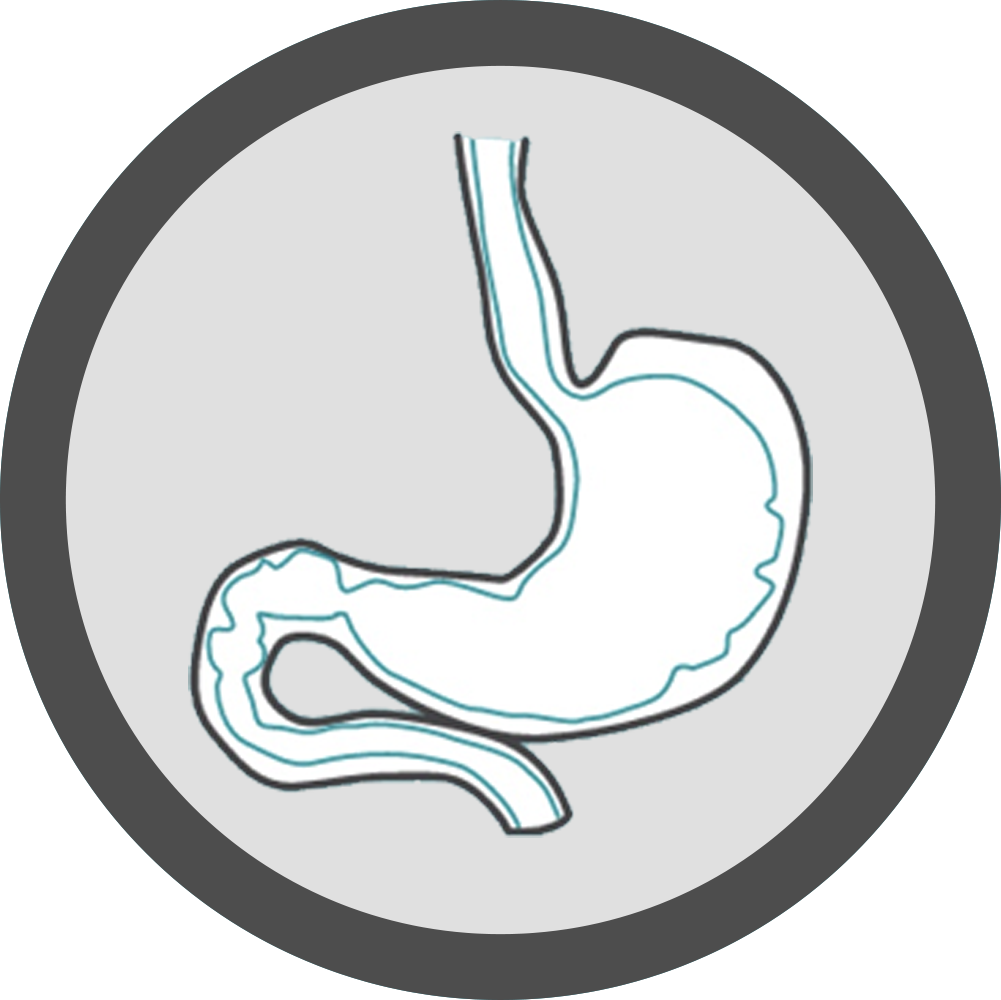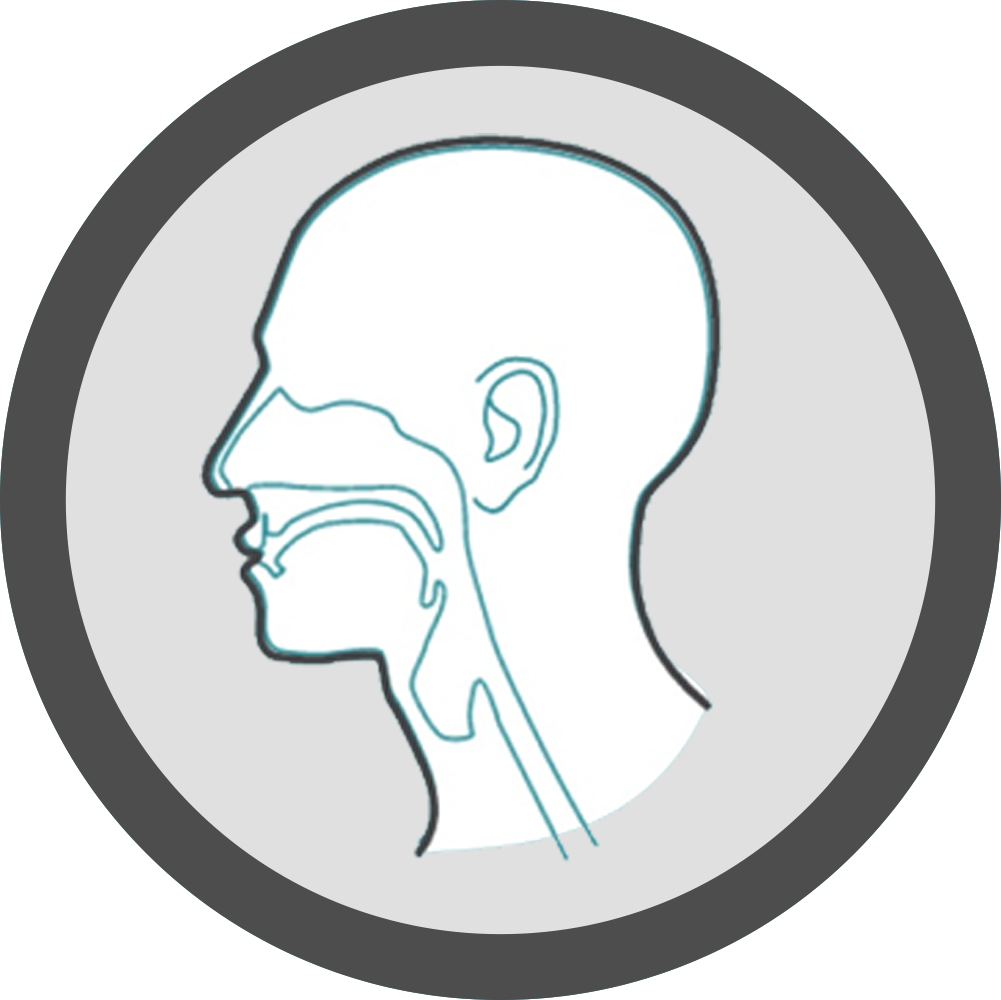- Terms and Conditions
- Privacy Policy
- Mission, Vision and Values
- Acronyms
- Modern Slavery Statement
- Carbon Reduction Plan
novus med has taken all reasonable care to ensure that all information provided through this web site is accurate at all times, however there may be inadvertent and occasional errors for which novus med apologise. novus med makes no representations or warranties about the information provided through this website, and reserves the right to make changes and corrections at any time, without notice.
 Call +44 (0) 1926 895 089
Call +44 (0) 1926 895 089

As a surgeon, I rely heavily on the quality and reliability of the surgical equipment I use. I have been using your products for years, and I am extremely satisfied with their performance. The precision and durability of your surgical instruments are unmatched, allowing me to perform procedures with confidence and efficiency. Your commitment to innovation and staying up-to-date with the latest advancements in surgical technology is truly commendable. Not only do your products meet my expectations, but your exceptional customer service has also exceeded them. Your team is always prompt in addressing any concerns or questions I have, ensuring a smooth and seamless experience. I highly recommend your surgical equipment to my colleagues and peers in the medical field. Thank you for being a trusted partner in my surgical practice.



 Profeesor of Surgery , London
Profeesor of Surgery , London
Full UK coverage



